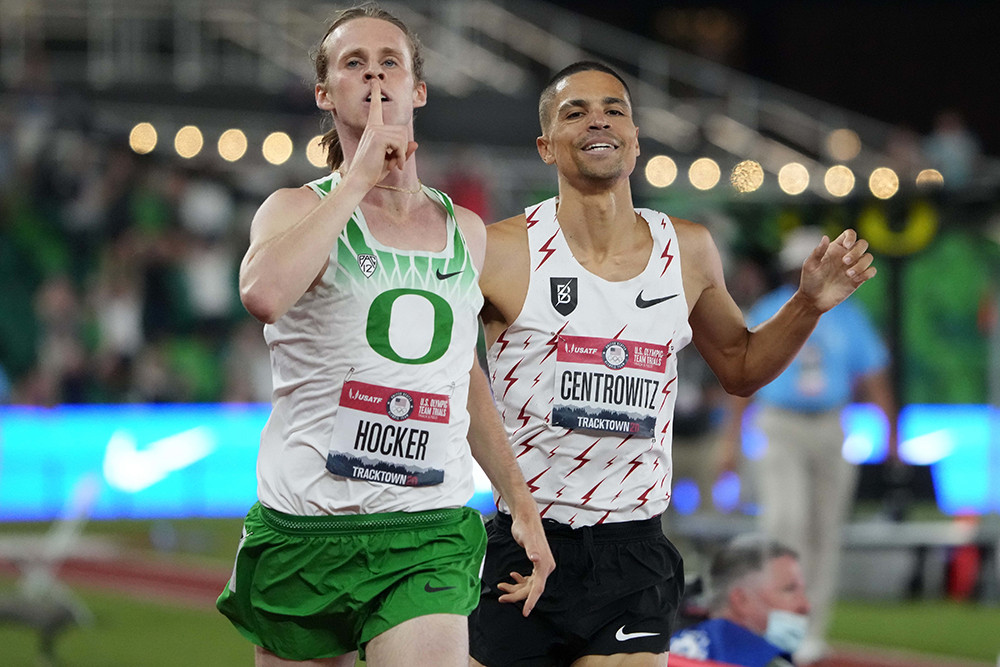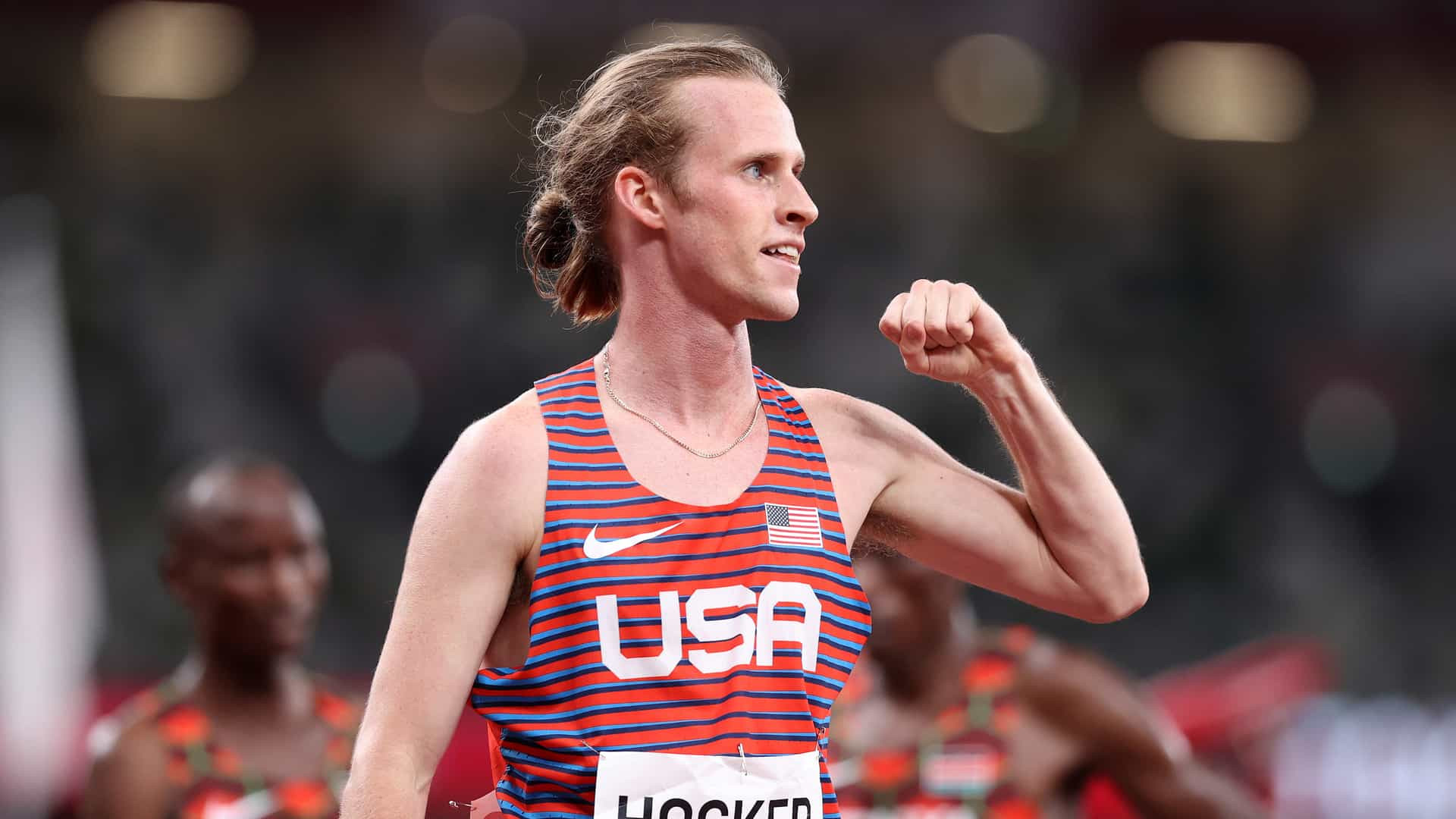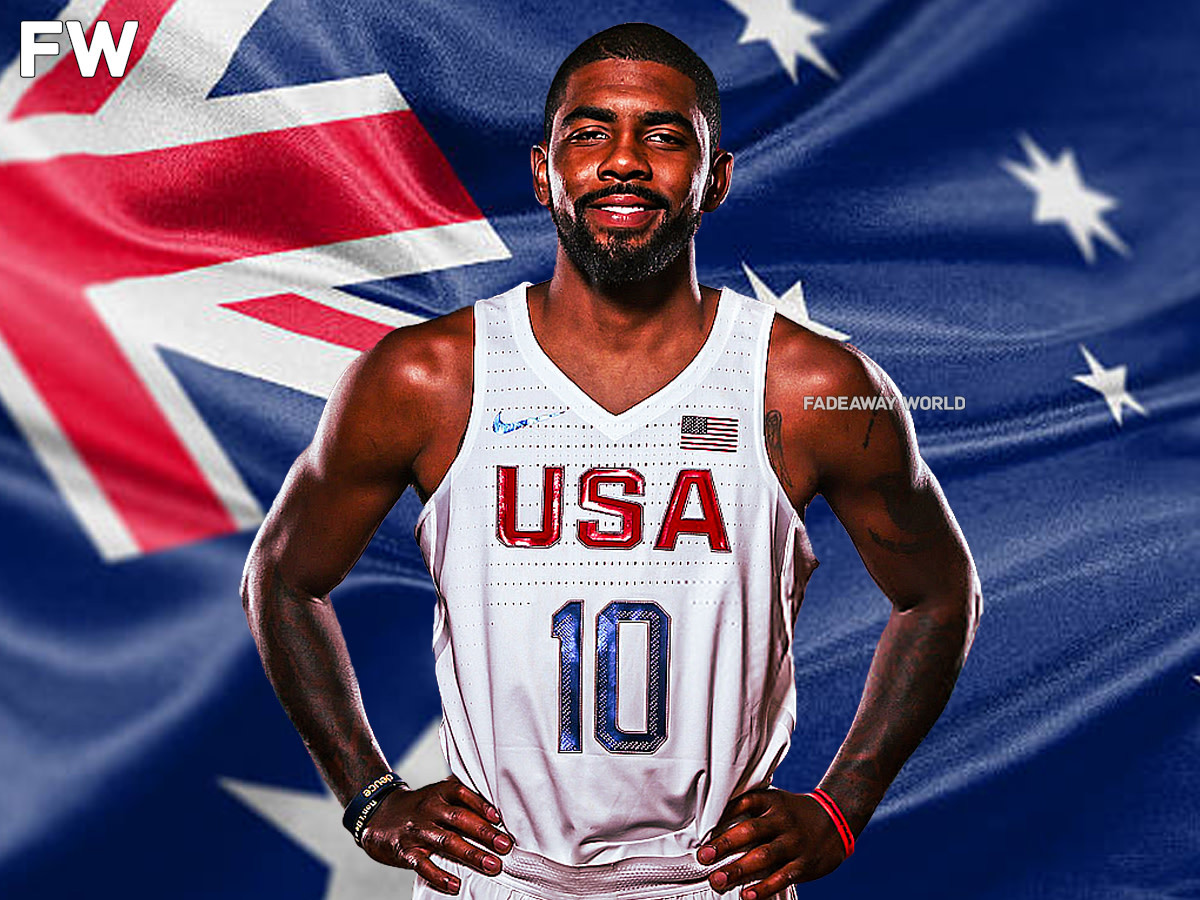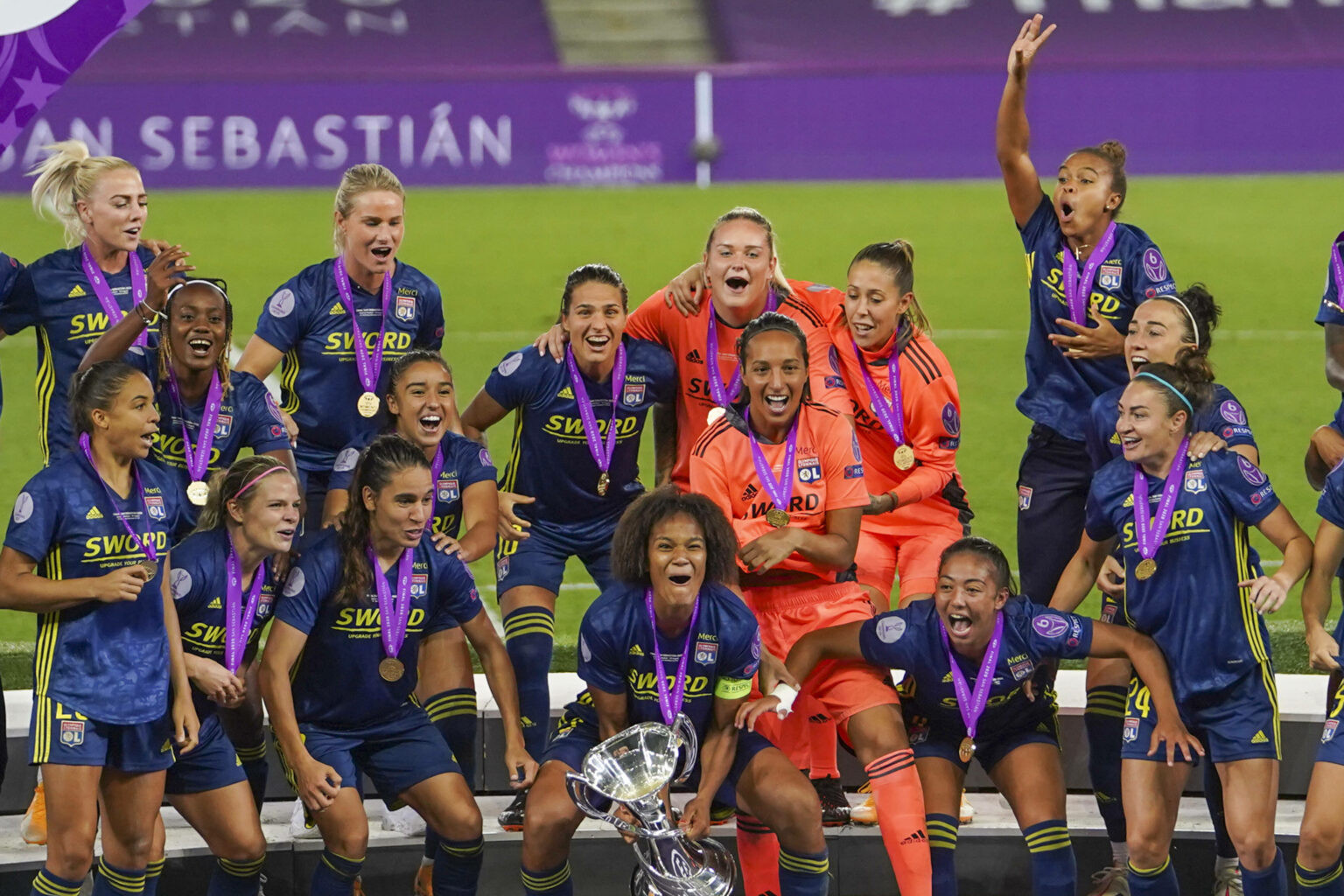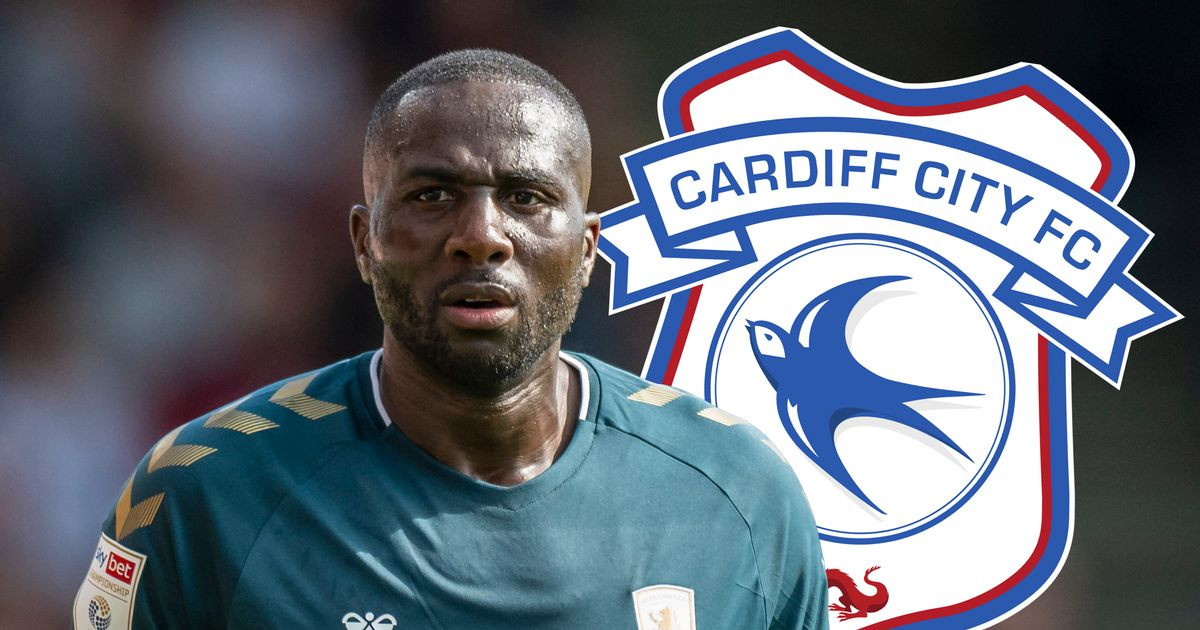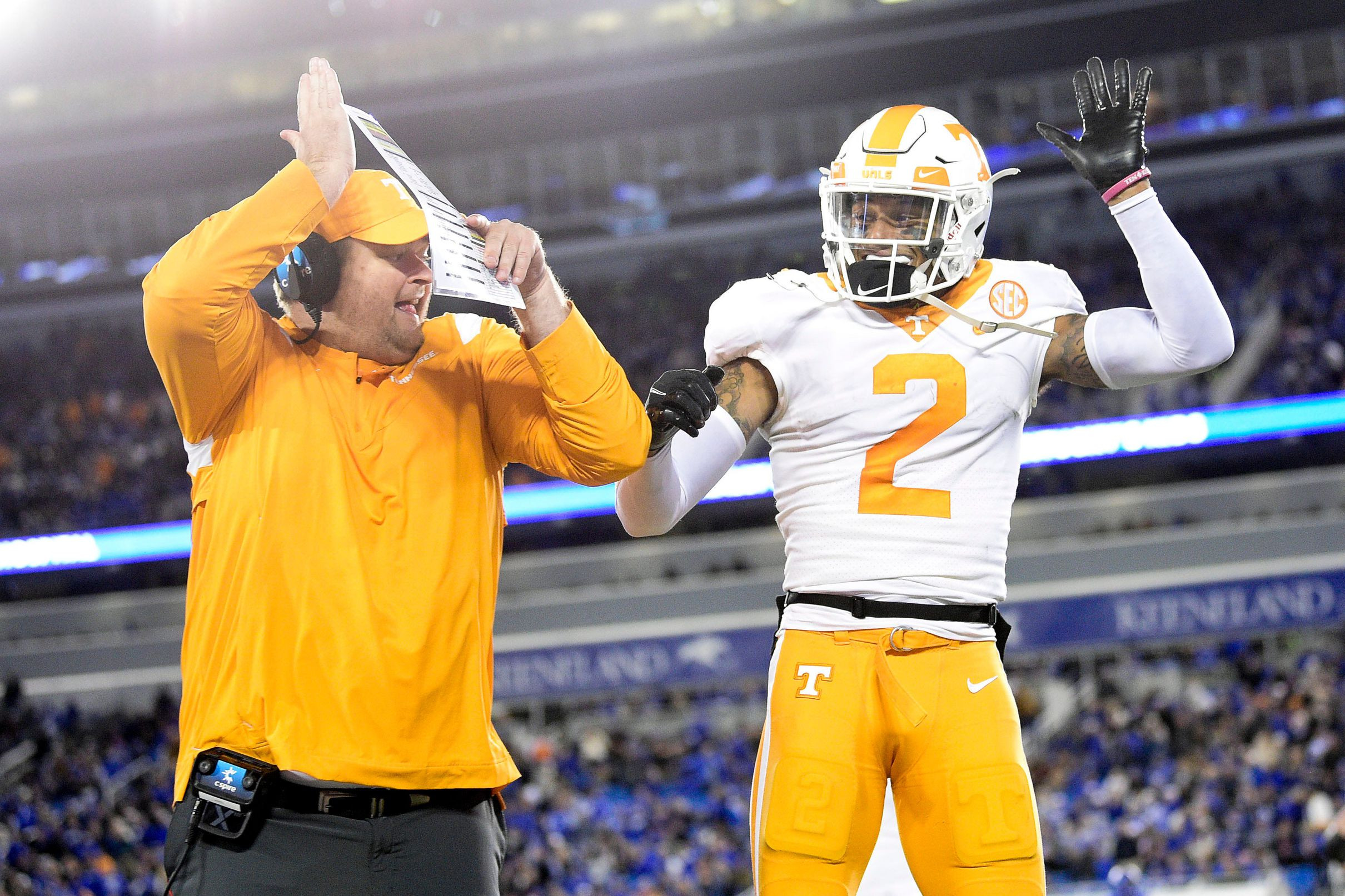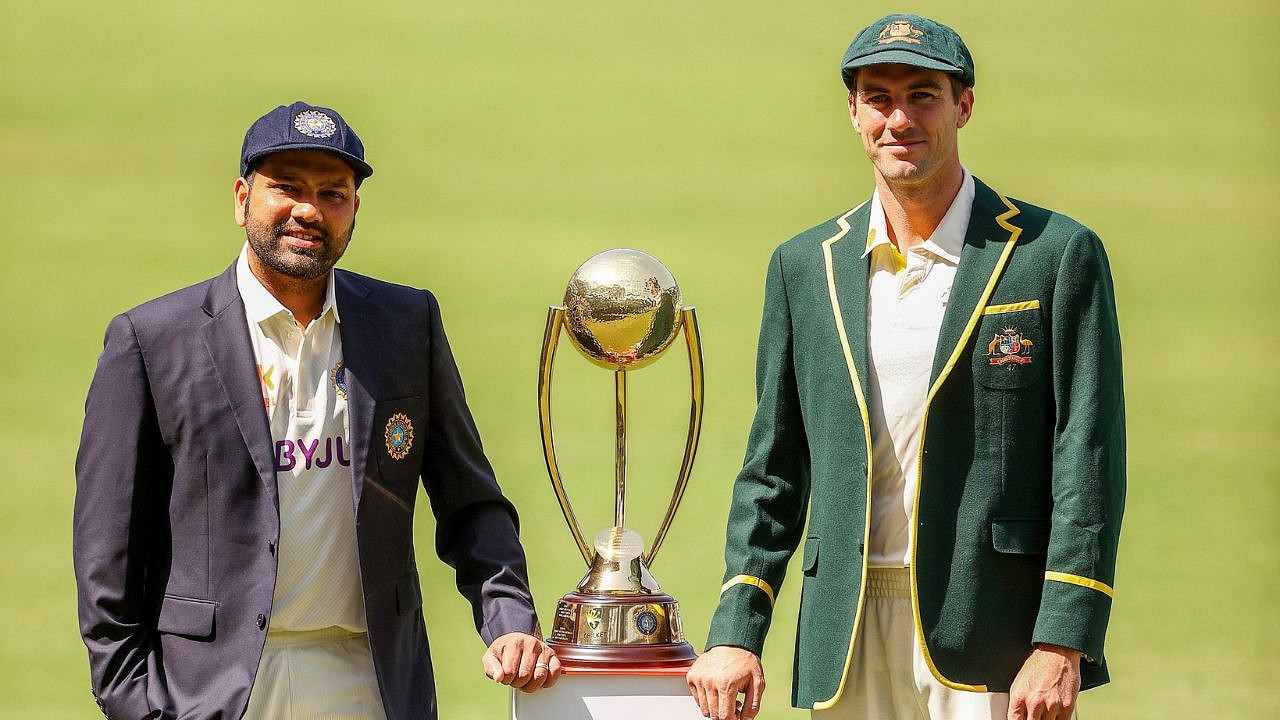23-year-old American Cole Hocker won his first Olympic medal, shocking a stacked men’s 1500m field to win gold in Paris.
Hocker was in fifth place entering the bell lap. But he took the inside lane and blazed down the home stretch to sprint by Tokyo Olympic champion and presumptive favorite Jakob Ingebrigsten, reigning world champion Josh Kerr and U.S. teammate Yared Nuguse to claim the Olympic title. With a time of 3:27.65, Hocker set an Olympic record in the process.
“That’s an unbelievable feeling,” Hocker said. “I just felt like I was getting carried by the stadium and God.
My body just kind of did it for me. My mind was all there and I saw that finish line.
Kerr took silver, his second Olympic medal. Nuguse, running in his first Olympic Games, claimed bronze. Nuguse’s time of 3:27.80 was just one hundredth of a second behind the silver medal. This final marks the first time in 112 years that two Americans have landed on the Olympic podium in the men’s 1500m.
In 2016, Matthew Centrowitz snapped a 108-year American drought in the event. Now, U.S. reigns supreme in the men's 1500m for the second time in just eight years.
A long and trash talk-fueled rivalry between Ingebrigsten and Kerr served as the main draw for many in this event, with Ingebrigsten aiming to defend his title. But instead, it’s Hocker headlining it on the other side of the finish.
“I kind of told myself that I’m in this race too,” Hocker said. “If they let me fly under the radar, then so be it. I think that might’ve just been the best.”
It was. In the end, none of the trash talk between the Brit and the Norwegian mattered. Ingebrigsten led for 90% of the race but faded in the home stretch to finish fourth and stunningly fell off the podium.
So, Hocker is now an Olympic champion. The Indianapolis native was ahead of his counterparts from an early age, recording a 4-minute, 36-second mile in eighth grade. He won an Indiana state title in high school, an NCAA Championship as an Oregon Duck, qualified for his first Olympics in 2021 and now tops a medal podium for the first time.
“Winning gold was my goal this entire year,” Hocker said. “I wrote that down, and I repeated it to myself even if I didn’t believe it.
I knew I was a medal contender, and I knew that if I get it right, it would be a gold medal.
Team USA secured a stunning — and historic — result in the men's 1500m final at the 2024 Paris Olympics.
Ingebrigtsen and Kerr were viewed as the race's top favorites, but Hocker simply wouldn't be denied as he rallied to the top of the podium with an Olympic-record time of 3:27.65.
Kerr, the reigning Olympic bronze medalist, finished second in 3:27.79 to take silver, while American Yared Nuguse claimed bronze with a time of 3:27.80. It marked the first time that the U.S. had two medalists in the men's 1500m since all the way back at the 1912 Stockholm Games.
Hocker, an Indianapolis native, and Nuguse, a Louisville, Kentucky, native, each made the Olympic podium for the first time. The medal triumphs came after Hocker placed sixth in the event at the pandemic-delayed 2020 Tokyo Olympic, while Nuguse was forced to withdraw from the Tokyo Games due to a quad injury.
In a stunner, Ingebrigtsen finished one spot off the podium with a time of 3:28.24. The only other American in the race, Hobbs Kessler, finished fifth in 3:29.45.
The 1500m race features 3 3/4 laps.
The world record in the 1500m has stood for more than two decades. The mark is held by Morocco's Hicham El Guerrouj, who ran the race in 3:26.00 in July of 1998.
Hocker is from Indianapolis.
He attended the University of Oregon.
The 23-year-old stands 5-foot-11.
SAINT-DENIS, France — When runners left the blocks for the 1,500-meter Olympic final on Tuesday, star British middle-distance runner Josh Kerr was the clear favorite.
His big rival in the race was Jakob Ingebrigtsen, the superstar from Norway, who started at a world record pace and led much of the race.
But American Cole Hocker kicked hard late and was first to cross the line with an Olympic-record setting finish of 3:27.65, with Kerr taking silver. It was one of the biggest upsets so far on the track at Stade de France.
“I’m still looking for words to describe that moment,” Hocker said of his win, in which he beat his own personal best time by roughly three seconds. “I felt the moment, I felt the magnitude of it.”
British fans in the crowd of 80,000 groaned as Hocker, a 23-year-old from Indianapolis, slipped ahead of Kerr in the final stretch.
“I got beaten by the better man on the day,” Kerr said. “That was a heck of a race.”
American Yared Nuguse, who suffered an injury three years ago at the Tokyo Olympics which prevented him from competing in the 1,500-meter race, finished third for the bronze.
Ingebrigtsen finished in fourth place, out of medal contention.
Speaking afterwards, Ingebrigtsen said he sabotaged his own performance by beginning the final too quickly.
“I opened with a 54-second lap,” he said. “That wasn’t the plan at all. It was at least two seconds too fast. I was thinking about slowing down, but the next lap was almost the same speed. I ruined it for myself by going way too hard. I ruined the race for myself.”
Team USA track and field star Cole Hocker delivered one of the biggest upsets of the 2024 Paris Olympics on Aug. 6 in Stade de France as the American runner nearly broke the USA record in the men’s 1500m final.
Facing Yared Nuguse, who had owned the 1500m Area record since June 15, 2023, Hocker moved passed Nuguse and Great Britain runner Josh Kerr and Norway's Jakob Ingebrigtsen—the prohibitive favorites—to stun the field with second-fastest time ever by an American in the 1500m, 3:27.65, and win gold.
Nuguse finished with bronze, making it the first time since 1912 that two American medaled in the event at the Olympics
Hocker becomes the first American to win gold since the 2016 Olympics when Matthew Centrowitz won in Rio de Janeiro.
Hocker's time is the world's seventh-fastest ever. Hicham El Guerrouj still owns the world record with a time of 3:26.00 that he set in 1998.
SAINT-DENIS, France -- The prerace buildup predicted a “race for the ages,” an Olympic men's 1,500-meter final that would settle personal scores. After months of jibes and taunts, of mind games and egos colliding, it was time for Britain's Josh Kerr vs. Norway's Jakob Ingebrigtsen.
It was a buildup boxing promoters would be proud of. A clash of the heavyweights: The reigning world champion against the reigning Olympic champion. One in red, one in blue. The question was, who would deliver the knockout punch?
They fought tough from the start. The pair went hell-for-leather -- Ingebrigtsen leading from the front and Kerr snapping at his heels. It was only near the end, once they had weathered each other's punches and fought the urge to fall that their bodies finally gave in. First it was Ingebrigtsen, falling away with 100 meters to go. Then it was Kerr, losing his speed when he most needed it; he had peaked before the line too.
It allowed for a third competitor to take the spoils. With just 20 meters to go, flying past them, unscathed and relatively unknown, was American Cole Hocker.
The 23-year-old from Indianapolis had showed guts to stick with the leaders, and when it came to the final moments, he used his finishing speed to produce one of the major upset victories of these Paris Games.
“I kind of told myself that I’m in this race too,” Hocker said later. “If they let me fly under the radar, then so be it. I think that might’ve just been the best.”
The 1,500-meters event isn't like the 100-meter race, where athletes are aiming to set a time and hope nobody can match it. The 1,500 is more tactical and chesslike. It's about looking at the rest of the field, gauging your tank and knowing when to make your move. That's what made the buildup even more fascinating.
Ingebrigtsen had been burned by Kerr's tactics before. The feud started at last year's world championships, where the Norwegian led from the start but didn't set the pace quite high enough, enabling Kerr to reel him in and speed ahead at the final bend. The only time the pair had raced since then, Kerr performed the opposite routine, leading from the front and keeping Ingebrigtsen behind him even until the line.
On Tuesday, Ingebrigtsen decided he wouldn't let Kerr dominate him again. Ingebrigtsen would dare to set a pace no one could match. Only, he miscalculated. “I opened with a 54-second lap,” Ingebrigtsen said. “That wasn’t the plan at all.” The Norwegian was running so fast in the first lap that he was ahead of even Hicham El Guerrouj's 1998 world record.
“It was at least two seconds too fast,” Ingebrigtsen said.
Ingebrigtsen wanted to drop back, to lean against the ropes and take a breather. His issue was he looked behind and saw Kerr. The Brit was on his shoulder; he wouldn't leave Ingebrigtsen be.
“It was about going into deep waters early and see who could survive,” Kerr said.
And so, they both dared to run faster than they had ever before. Their arms pumped and their feet pounded as they roared around the track. The rest of the field dared to follow too. By the end, seven of the 12 runners would set personal bests. Four of those were national records. If this were a boxing fight, it would be Hagler vs. Hearns. It was about going flat out and hoping you were left standing at the end.
Only, something was bound to give, and it happened with less than 200 meters to go. Ingebrigtsen began to slow up -- and suddenly, the regrets started kicking in. “I ruined it for myself by going way too hard,” he later said.
Kerr looked set for gold, set for bragging rights, set for glory. He fired round the bend and turned for home. But his speed began to sap too.
It allowed a gap for Hocker on the inside, and he didn't need a second invitation to rip up the script. “It might be an upset to a lot of people, but if you've been following my season, you'd know I'd be capable of it,” Hocker said.
Hocker has long been known for his finishing speed. The runner knew that final card to play. But after such a fast race, it seemed improbable he would still be able to produce it.
The race result had shocked seemingly everyone -- well, everyone except Hocker.
“Winning gold was my goal this entire year,” he said. “I wrote that down, and I repeated it to myself even if I didn't believe it. My performances showed me that I was capable of running 3:27, whatever it took. I knew I was a medal contender, and I knew that if I get it right, it would be a gold medal. I've been saying that.”
And so, it was Ingebrigtsen and Kerr who were wrong.
The Norwegian was the fighter left lying on the canvas, finishing fourth without a medal.
“My team always say that 'because you have a big mouth and is the one to beat, you have everything to lose in competitions,'” Ingebrigtsen said on Instagram. “Today, Cole Hocker, Yared Nuguse and Josh Kerr outsmarted me.”
Kerr held on for silver, although he barely finished ahead of bronze medalist Nuguse of Team USA.
Meanwhile, Hocker took gold. The fighter who saw the opportunity arise and delivered the knockout blow.
“Speaking personally, it can be nice to fly under the radar,” Hocker said. “I feel like I took advantage of it.”




